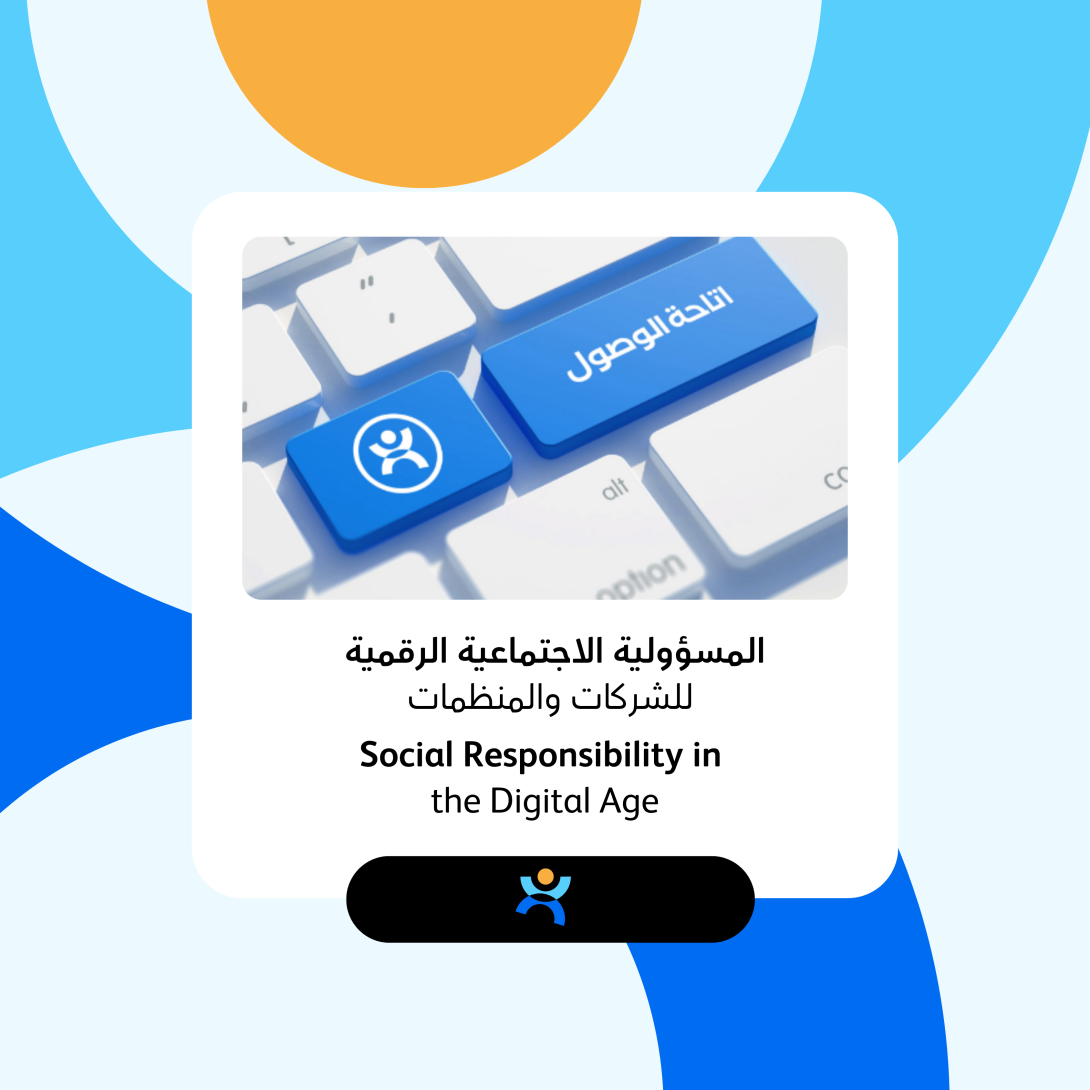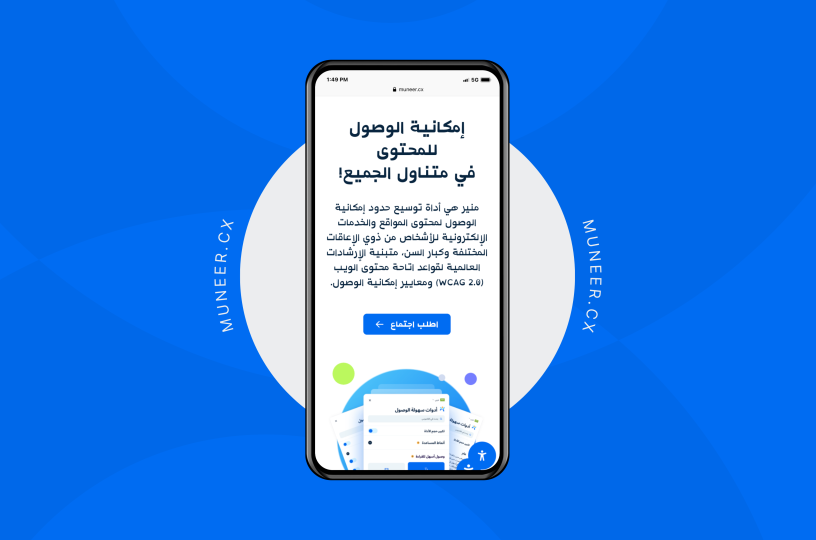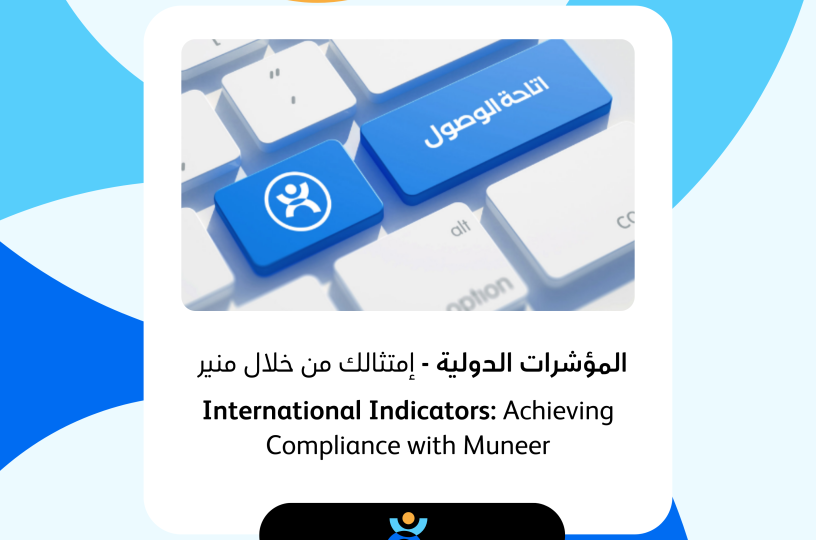In our current digital era, the concept of social responsibility extends beyond traditional charitable acts and ethical business practices to embrace digital social responsibility. This new paradigm recognizes entities and organizations not only by their products or services but also by the inclusiveness of those services. This article explores the impact of digital accessibility tools in fulfilling organizational social responsibilities, enhancing long-term reputation, fostering customer loyalty, and promoting inclusiveness in the digital sphere.
Social responsibility involves a commitment to ethical behavior and contributing to economic development while improving the quality of life for employees, their families, and the community at large. In the digital era, this concept expands to include ensuring fair access to information and services through digital platforms. As Porter and Kramer (2006) highlighted in their seminal study on corporate social responsibility, the strategic focus of CSR in today’s business must integrate social and environmental concerns into business operations and stakeholder interactions.
The advantages of robust social responsibility policies are manifold. According to research by Luo and Bhattacharya (2006), there is a direct correlation between a company’s commitment to social responsibility and its reputation. This relationship is mediated by the trust that CSR builds among stakeholders, leading to enhanced customer loyalty. When companies demonstrate genuine responsibility, particularly in accommodating the needs of diverse groups, they not only comply with legal standards such as the Web Content Accessibility Guidelines (WCAG) but also align with ethical expectations of fairness and inclusivity.
Digital accessibility addresses the barrier-free use of digital resources by all individuals, including those with disabilities. The UN Convention on the Rights of Persons with Disabilities recognizes access to information and communication technologies, including the web, as a fundamental human right. By adhering to WCAG standards, organizations not only comply with international legal frameworks but also fulfill a broader ethical commitment to inclusivity.
Muneer, developed by Shared Technologies, we pride ourselves on being a prime example of advanced commitment to digital accessibility and achieving digital inclusivity. Muneer is designed not only to meet but exceed WCAG standards, integrating over 35 features that cater to a wide variety of accessibility needs across more than 120 languages. Our development process for Muneer reflects a deep understanding of WCAG principles and the needs of all user types, thus realizing the principle of digital inclusivity for users with various disabilities.
Implementing digital accessibility tools like Muneer not only fulfills the technical aspects of web accessibility but significantly contributes to the broader social responsibilities of organizations. By adopting such technologies, companies and governmental bodies demonstrate their commitment to creating an inclusive society. Ultimately, integrating digital accessibility into corporate and organizational frameworks is not just about avoiding legal repercussions or enhancing interface usability; it is about building an inclusive digital world that recognizes and values every individual, thereby enriching the organization’s reputation and fostering sustainable loyalty among stakeholders.


